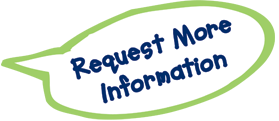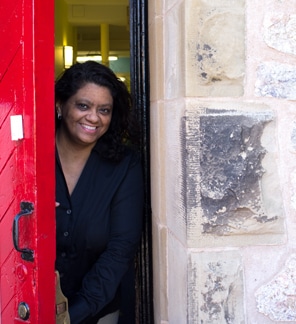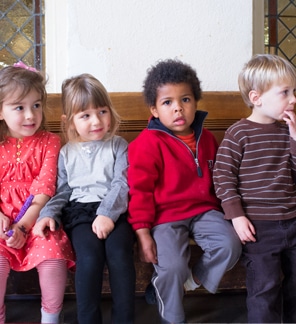 |
| Pine Village Co-Founders Emma LaVecchia and Brid Martin |
This post was written by Emma LaVecchia, Co-Founder of Pine Village Preschool.
Every now and then, in between all of the office hours, I get the chance to meet with and talk to real live parents (and children) in person, to learn about their experiences at Pine Village and listen to what is important to them.
Please don’t misunderstand, I am forever grateful for the opportunity to run this business, and deep inside I really love the business aspect of things. I have learned more than I could have ever imagined, and relish every second. But if I could ever dream of having the best of all worlds, it would be to spend more time with parents and share what we have learned, and of course learn more from all of them.
Wednesday night was one of those wonderful and rare “connection” opportunities. This is the stuff that fuels my tank. I’m sure it does the same for all of us who are educators at heart, including Brid (the other PV Co-Founder), when we find ourselves missing the “people piece”.
We gathered that evening to help guide a small group of Pine Village parents at one of our locations to start a Parent Committee group, which they hope will, in part, have a positive impact on building community in their school. This is of course another great passion of ours: to build communities within our schools that nurture lifelong relationships between families and children. But that’s a whole other topic.
The moment from that night that has remained with me until now was the discussion about connecting with our own children, and how as parents we want to have a clearer picture of what happens at school in order to know how they spend their day. This of course was one of the subtopics that generated from the Committee goal of wanting to enhance the experience that their child has each day. I was reminded in a deep way that connecting with our children isn’t only about collecting facts, knowing schedules, gathering and looking at their projects, knowing what they ate, or which park they went to. Connecting with our kids is truly about understanding how they feel. Yes, it’s a right brain AND left brain thing.
As parents, when we want to know how our children are doing, we instinctively look for answers to questions; hard facts, real life examples to show us what our child did that day or week. We want daily notes, photos, newsletters, projects and emails. This is our left brain at work. However, we are often so focused on those pieces – and it takes so much of the time and energy that is at its lowest point when we finally have the chance – that we don’t fully engage the other side, the emotional connections of the right brain. We often forget to talk – just talk – to our kids. To ask our children – yes even the very young ones:
- “What were you thinking about when you made this picture?”
- “How were you feeling today at school when your teacher left early?”
- “Tell me about who you played with?”
- “How is your new friend Jane? Why do you like playing with her?”
It’s not just about the notes and the pictures. We need to focus equally on connecting emotionally with our children. We need to walk with them on their journey of life, and encourage them to acknowledge the feelings and emotions they experience by asking about them and listening to them about their day. This is truly how we get to know our children, learn about their day and what they learned and experienced.
One morning this week as I was driving my 17 year old to high school, he said to me: “Mom, do you know why kids cheat? It’s because teachers and parents put more emphasis on a grade rather than what we actually know.” At the time I had three thoughts, 1) “Sad” 2) “That was quite profound for a kid his age.” And, 3) “I hope he isn’t cheating.”
But his statement had even greater meaning since our parent meeting last week. It’s truly not only about how many projects the children complete that day, if you received a daily note or if your child read three or four books that day. It is equally about experiencing what our children are experiencing. About engaging with our children and taking the time to understand this whole other part of their life, from their perspective. It applies to teachers as well. We can get so caught up in the daily tasks of the day that we forget to enjoy the kids, to engage with them, to really get involved in their play.
Yes, of course there is a balance. And in that perfect world we would all be able to have just the right amounts of each. In reality though, most of us probably need to make the conscious effort to engage and emotionally connect, with our own children in particular, and put aside our expectations and predetermined guide of what we think determines success.




